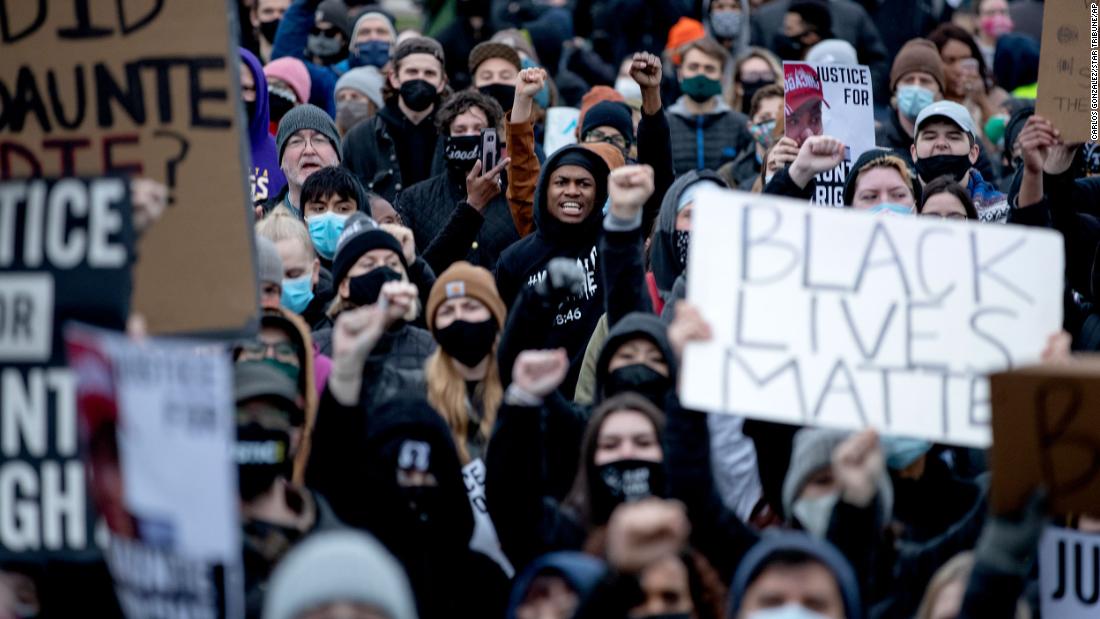Workers outside the Amazon warehouse in Bessemer, AL
As of Friday, April 9 workers at the Amazon warehouse in Bessemer, Alabama have voted not to unionize and join the Retail, Wholesale and Department Store Union (RWDSU). In August of last year, workers made a move to vote on unionizing in the face of what many considered excessive work hours, labor, and little to no breaks. Amazon, currently the second-largest private employer a company with a history of putting down efforts of workers to unionize, was once again successful after implementing many anti-union tactics and convincing workers against unionizing.
Amazon has been under fire as of late as a result of workers expressing their frustrations with the mentality that the company promotes and the lengths they go to to ensure productivity. With cameras monitoring employees so that they do not surpass time limits on breaks for lunch or the bathrooms, many feel that they are constantly at risk of losing their jobs and actively make an effort to avoid breaks as to not be fired. These frustrations of workers are not in isolation. Amazon has been extremely successful as of late due to the increased amount of time individuals are spending at home and away from stores in order to protect themselves from the current pandemic. As the profits of Amazon, its shareholders, and CEO Jeff Bezos rise, many workers feel that they too should share in such benefits.
As bonuses for top members of Amazon rose, conditions for warehouse workers remained poor. Despite advice from public health officials to shut down warehouses when COVID-19 began to spread between employees, in a number of cases, Amazon did not respond and it was noted by workers that little to no efforts were made to improve the safety of warehouses such that they could limit the spread of the novel coronavirus.
Also up for debate is Amazon's "Day 1" mindset that is promoted amongst workers. It pushes for employees to work as though it is day one of a startup company every day. However, this does not seem like it is inherently realistic given that warehouse workers are not the ones reaping the benefits of hard work.
With the minimum wage of Amazon workers at $15.30 and a number of benefits, some workers felt that they were making a reasonable wage and were provided with sufficient work benefits. Amazon also mandated workers participate in group sessions with "former union workers" who reinforced the aforementioned sentiments and described unionization as negatively impacting the workers. This was joined with social media campaigns such as #DoItWithoutDues and posters throughout the warehouse in order to push their anti-union views.
Yet, a New York Times approximation of the yearly income of a full-time worker at such a wage was about $31,000 and was noted as being less than half of the United States median family income, and in many cases, it was at a level at which families qualified for subsidized school lunches. Furthermore, many people across the country are desperate for work in the face of the pandemic, having lost their jobs, so they have little more choice than to accept what they can get.
Currently, there is a surplus of available workers due to the decline of firms as a consequence of the pandemic. Furthermore, the increase in demand for services provided by Amazon due to more people working from home has caused an increase in the influx of goods that they must deliver and sort through. Given the artificial limits on the number of employees that can work at any given time as a result of health concerns and a desire for executives to maximize profits, it makes sense for warehouse workers to have to work long hours. To account for the increase in demand, reductions in input costs, which can occur through an increase in the productivity of workers, allow the supply curve to shift left. Although, as previously described, Amazon's methods for securing increased productivity are indeed questionable. Constant monitoring of workers has caused many to feel like they are having their privacy invaded and many more as though they cannot stop working regardless of the issue without fear of being fired and replaced, something especially troubling given the current pandemic.
Ultimately successful in their effort to prevent unionization, Amazon was convincing enough for workers to vote 1,798 to 738 against unionizing. However, the RWDSU plans to challenge this vote and the practices utilized by Amazon with claims that the voting was not inherently fair due to the conditions of the vote.
https://www.wired.com/story/amazon-historic-union-vote-gets-underway-alabama/
https://www.nytimes.com/2021/04/05/technology/amazon-control-bathroom-breaks.html
https://www.businessinsider.com/amazon-union-vote-why-some-workers-voted-against-unionizing-alabama-2021-3
https://www.nbcnews.com/tech/tech-news/early-vote-counts-show-amazon-warehouse-workers-not-likely-unionize-n1263558















